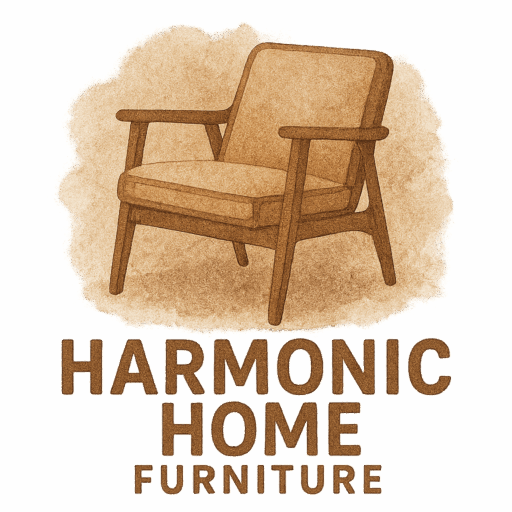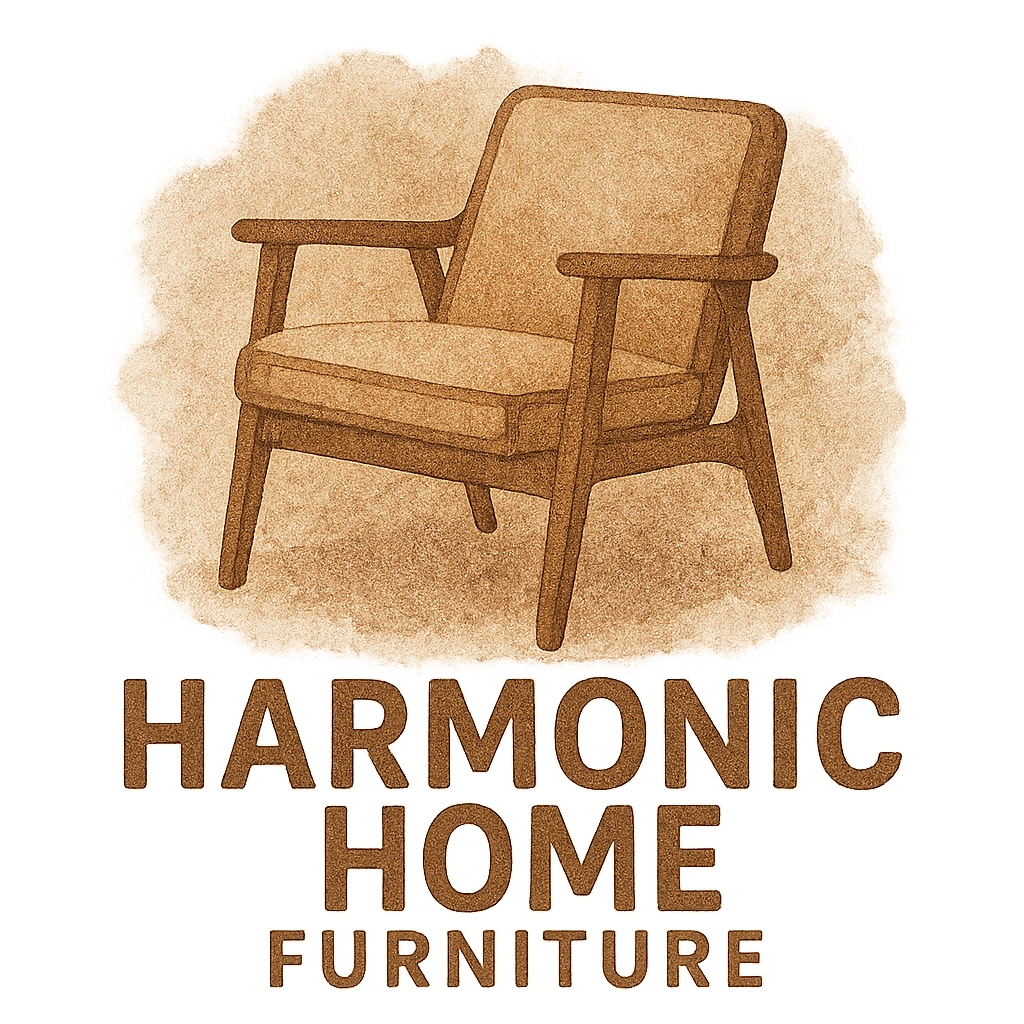Introduction: Why Vintage Furniture Styles Still Matter Today
When it comes to designing a home that feels warm, stylish, and timeless, vintage furniture styles never go out of fashion. Whether it’s a mid-century sofa, a rustic farmhouse dining table, or an ornate Victorian dresser, vintage pieces bring a unique personality that modern mass-produced furniture often lacks. The beauty lies in how these styles harmonize with today’s modern home trends, creating a balanced blend of history and contemporary living.
The Charm of Vintage in Modern Homes
Vintage isn’t about outdated design—it’s about celebrating craftsmanship, history, and character. The appeal of vintage furniture styles is how easily they adapt to both classic and modern interiors.
Mixing Old with New
Imagine pairing a sleek, reclining sofa set with a rustic farmhouse coffee table. That mix of old and new creates an inviting atmosphere that feels both fresh and grounded.
The Emotional Value of Vintage Pieces
Unlike new pieces, vintage furniture carries stories. A Victorian chair or an Art Deco sideboard has lived through decades, sometimes centuries. That emotional connection adds depth, turning furniture into more than just functional items—it makes them part of your home’s narrative.

Style #1: Mid-Century Modern Vintage Furniture
Clean Lines and Functional Design
Mid-century modern is one of the most beloved furniture styles. Born in the 1940s–1960s, this style is defined by minimalism, functionality, and organic curves.
Popular Mid-Century Materials
Teak and Walnut
These woods dominate mid-century design because of their durability and rich tones. If you’re considering investing, check out our furniture buying guide for tips on spotting authentic pieces.
Bold Upholstery
Geometric patterns, bright oranges, and olive greens bring vibrancy into a living room. Pairing them with neutral walls helps keep the balance.
Style #2: Art Deco Vintage Furniture
Glamour and Luxury Defined
Art Deco, emerging in the 1920s, exudes boldness and elegance. If you’re aiming for a sophisticated vibe in your living room, this style fits beautifully.
Iconic Art Deco Features
Geometric Shapes
Sunbursts, zigzags, and sharp symmetry make Art Deco distinct. These designs are perfect for accent pieces like cabinets or mirrors.
Metallic Finishes
Chrome, brass, and gold accents give furniture that luxurious edge. To keep them shining, explore our furniture maintenance tips for cleaning metallic finishes.
Style #3: Victorian Vintage Furniture
Ornate Detailing and Craftsmanship
Victorian furniture is grand, detailed, and elegant. Perfect for those who love traditional interiors with a touch of drama.
Classic Materials and Fabrics
Dark Woods
Mahogany and oak dominate, giving depth and richness to Victorian interiors.
Velvet and Brocade
Plush, patterned fabrics define this era. If you’re considering restoring Victorian upholstery, see our repair and restoration tips for keeping fabrics intact.
Style #4: Rustic Farmhouse Vintage Furniture
Cozy, Warm, and Inviting
Rustic farmhouse is about comfort and authenticity. It makes any space feel lived-in and welcoming.
Signature Rustic Elements
Weathered Wood
Distressed finishes bring a raw, natural vibe. They pair beautifully with living room furniture sets that are modern yet casual.
Handcrafted Charm
The imperfections are what make farmhouse vintage so charming. Handmade tables and cabinets remind us of slower, simpler times.
Style #5: French Provincial Vintage Furniture
Romance and Elegance
French Provincial furniture blends rustic countryside appeal with chic Parisian design. It’s a dreamy choice for bedrooms or dining areas.
Defining Provincial Features
Curved Silhouettes
Cabriole legs and sweeping frames soften the look of interiors.
Pastel Color Palettes
Soft blues, muted greens, and cream tones reflect a calming aesthetic, perfect for a modern home.
Style #6: Industrial Vintage Furniture
Raw and Functional Aesthetic
Industrial vintage combines utility with raw beauty. Inspired by factories and warehouses, it’s a favorite in loft apartments.
Key Industrial Materials
Iron and Steel
Metal frames and exposed rivets add strength and character.
Reclaimed Wood
The mix of wood and metal defines industrial charm. If you want to compare it against other styles, check our furniture comparison guide.
How to Incorporate Vintage Furniture Styles in Your Home
Balance and Proportion
Don’t overwhelm your space with too many bold vintage pieces. Let one or two be the star, supported by modern accents.
Blending Multiple Styles Together
Yes, you can mix Victorian grandeur with industrial ruggedness! To do it right, maintain cohesion with color tones or complementary materials.
Maintenance Tips for Vintage Furniture
Cleaning and Preserving Wood
Use oils and soft cloths instead of harsh chemicals. For a deeper guide, visit our furniture maintenance section.
Upholstery Care
Vacuum gently and avoid direct sunlight. For antique fabrics like velvet, consider professional cleaning.
Where to Find Authentic Vintage Pieces
Antique Shops and Auctions
Local shops and estate sales are perfect for spotting gems. If you’re shopping, read our price guide tips to avoid overspending.
Online Marketplaces
Websites and specialized platforms offer variety, but always check authenticity. Our buying tips can help you shop smarter.
Conclusion: Creating Harmony with Vintage Furniture Styles
From the sleek minimalism of mid-century modern to the ornate richness of Victorian design, vintage furniture styles offer endless ways to make your home harmonious and timeless. Blending these styles with modern touches not only enhances visual appeal but also tells a story—your story. With the right balance, a little maintenance, and a keen eye for authenticity, your home can feel like a perfect symphony of past and present.
FAQs
1. What makes vintage furniture different from antique furniture?
Antiques are usually 100+ years old, while vintage refers to 20th-century designs that shaped modern interiors.
2. Which vintage furniture style works best in small apartments?
Mid-century modern and industrial styles are perfect—they’re compact, functional, and stylish.
3. Can I mix vintage with smart furniture?
Absolutely! Pairing smart furniture with vintage creates a home that’s both functional and soulful.
4. Is it worth repairing damaged vintage pieces?
Yes, especially high-quality ones. Read our furniture repair tips for guidance.
5. What’s the most affordable vintage furniture style?
Rustic farmhouse is often the most budget-friendly since it embraces imperfections.
6. Where do I start if I’m new to vintage shopping?
Check out our furniture buying guide for practical advice.
7. Do vintage pieces increase in value?
Yes—quality vintage pieces often become long-term investments, making them both stylish and smart choices.


